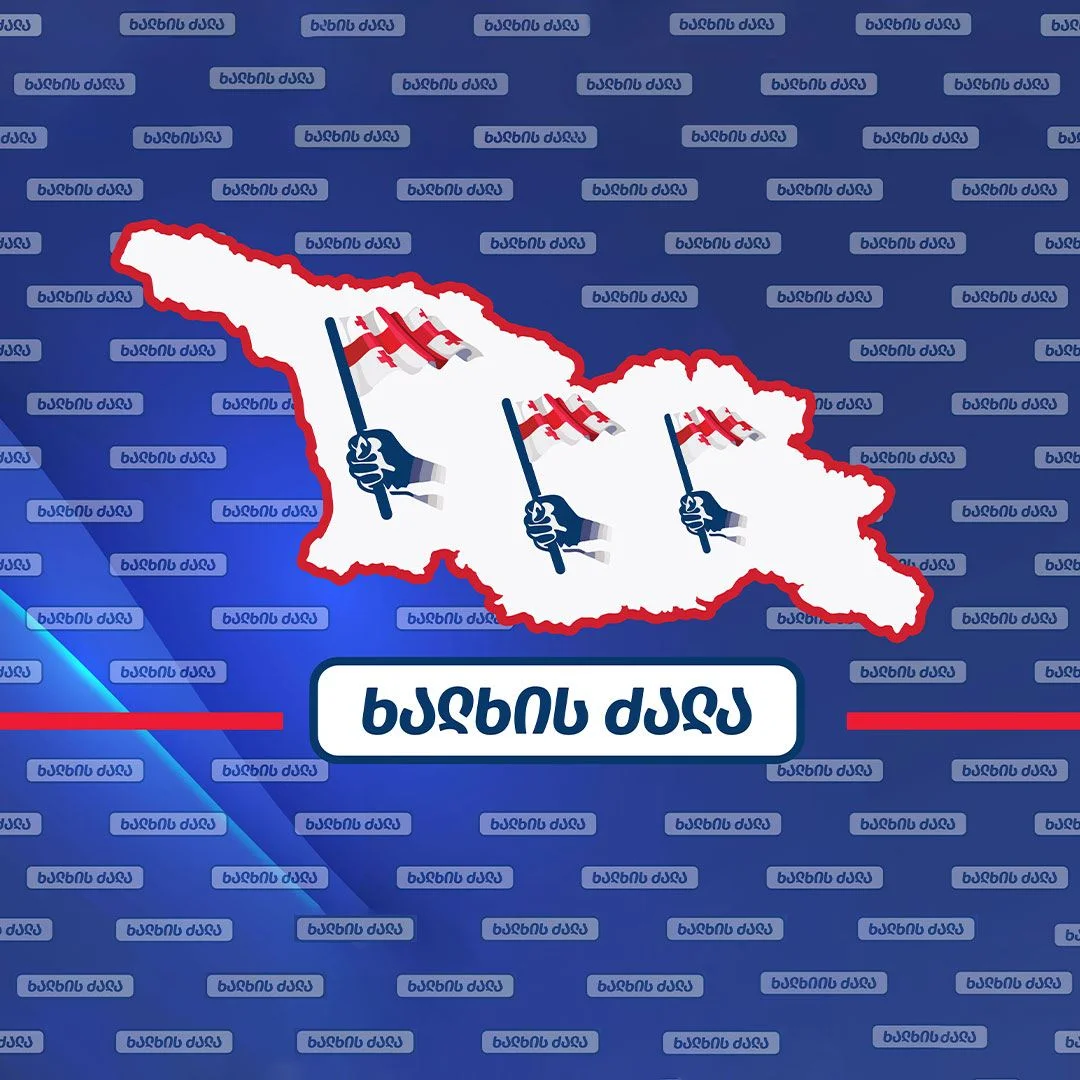MFA Keeps Silent, as “People’s Power” Lies About NATO’s Article 5
On June 5, People’s Power, an offshoot of the ruling Georgian Dream party, issued a lengthy statement, claiming that NATO Charter’s Article 5 did not guarantee military assistance to Allies in the event of an attack and claimed – counterfactually – that the Georgian-language translation of this Article 5 of the Washington Treaty is “deliberately falsified,” leaving out the part that gives individual members of the Alliance the agency to decide “whether or not to use military assistance as they deem necessary.”
“In the Georgian version, it is presented in such a way that in case of an attack on a NATO member country, all countries are obliged to engage in military confrontation and protect the ally from military aggression,” the statement said, accusing the “Global War Party” of misleading the Georgian people for years.
A simple verification reveals that this is not how Article 5 is translated into Georgian on the NATO official website. The translation is true to the English-language original.
The People’s Power goes on to claim that “until now, the Georgian society was constantly deceived that we should do everything to join NATO and that this is the only salvation for our country” and goes on to state that “for dozens of years we have been hearing false promises that we have to do more, more work is needed, and so on.”
The People Power gives its own version of the Georgian translation of Article 5, which reads as follows: “An attack on the Alliance is considered an attack on all NATO member states. And these other states have the right to help the object of aggression in the way and in the form they deem necessary, and to use their armed forces only if they deem it necessary”. People’s Power concludes says: “As for Article 5, the direct answer to the question of whether NATO’s Membership is a one-hundred-percent security guarantee is a “no.”
For comparison, the North Atlantic Treaty reads:
Article 5: “The Parties agree that an armed attack against one or more of them in Europe or North America shall be considered an attack against them all and consequently they agree that, if such an armed attack occurs, each of them, in exercise of the right of individual or collective self-defence recognised by Article 51 of the Charter of the United Nations, will assist the Party or Parties so attacked by taking forthwith, individually and in concert with the other Parties, such action as it deems necessary, including the use of armed force, to restore and maintain the security of the North Atlantic area.”
Foreign Ministry Keeps Officially Silent
On June 5, Civil.ge has approached the Information Center on NATO and EU, a special body under the Georgian Foreign Ministry. According to its website, it was created “to engage our population in Georgia’s European and Euro-Atlantic integration processes and to gain their well-informed support.” The center’s objective is to engage in “effective, targeted communication and provide the target audience with objective information.” We asked whether they could comment on the clear misrepresentation of the Article 5 commitment by the People’s Power. We received a response on the telephone that “when it comes to the People’s Power statement, we won’t be able to help you.” A follow-up written message was left without a response. After a repeated call, the Center referred the journalist to the Foreign Ministry Press Office, which requested a question in writing and had not responded at the time of writing of this article.
Writing in his personal capacity on social media, Tornike Parulava, Director of the Department for Security Policy and Euro-Atlantic Integration of the Foreign Ministry, reacted to the People’s Power statement showrtly after its publication. He said “the disinformation narrative presented is quite old” and said has been repeated many times over the years. He drew parallels between the statement and Russian propaganda about NATO’s Article 5.
[This article was updated on June 6 to reflect the lack of reaction from MFA]
Also Read:
This post is also available in: ქართული Русский
